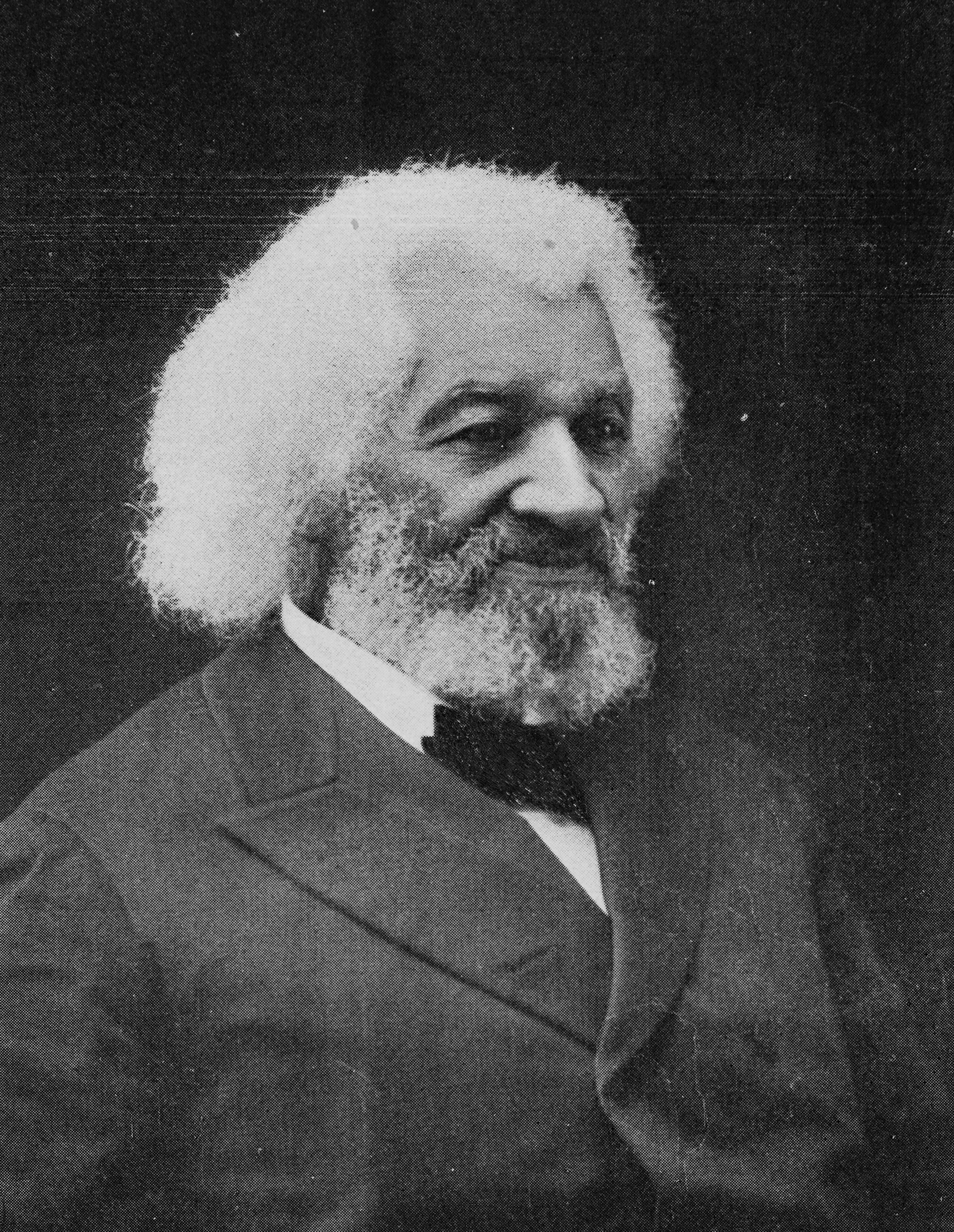A new HBO documentary examines the life of American writer and abolitionist Frederick Douglass through his fiery speeches that faulted the nation's role in perpetuating slavery and challenged the U.S. to redeem itself.
The big picture: "Frederick Douglass: In Five Speeches" comes as some states pass restrictions on how schools and colleges can teach history, especially around race and slavery.
Details: Directed by Julia Marchesi, the film is scheduled to premiere on HBO on Feb. 23 and will be available to stream on HBO Max.
- It is told through animation and performances of Douglass' speeches by actors like André Holland ("Moonlight") and Jeffrey Wright ("Angels in America").
- Nicole Beharie ("Miss Juneteenth") performs “What, To The Slave, Is The Fourth Of July?” while Tony Award-winner Colman Domingo tackles “The Proclamation And A Negro Army."
- Though the speeches center on the struggles of U.S. enslaved Black people of the 19th century, the actors comment after their performances that Douglass' words about racism still ring true today.
- "The moment you read Frederick Douglass' words, you think they were written yesterday," Domingo said after reading a Douglass speech demanding equal opportunity in the U.S. Army for Black soldiers. "A lot of people don't know a lot about him. But we don't know a lot about ourselves."
The intrigue: The documentary was inspired by Yale historian David Blight’s Pulitzer Prize-winning biography, "Frederick Douglass: Prophet of Freedom." Blight served as a consultant and appeared in the film.
- Blight told Axios the power of Douglass lies in the brutal descriptions he gives about the suffering of enslaved people and the hypocrisy of America's rhetoric about liberty. But Blight said he ends each speech with hope.
- "He is always bringing his audience back to the American Creeds — the American founding Creeds, the principles of the Declaration of Independence, the natural rights tradition," Blight said.
Background: Born Frederick Augustus Washington Bailey and into slavery in 1818, Douglass taught himself to read after receiving some lessons from a white wife of a slaveholder.
- He escaped bondage with the help of his future wife, Anna, by disguising himself as a sailor. The couple took the last name Douglass after moving to New Bedford, Mass.
- Once in the north, he caught the attention of abolitionists because of his powerful and descriptive anti-slavery speeches. He then toured the country and Europe, becoming one of America's first celebrities.
- His first autobiography, "Narrative of the Life of Frederick Douglass," garnered international attention, and he would go on to start his abolitionist newspaper, The North Star.

The challenge: Douglass was widely photographed during his adult life, but no recordings exist of his speeches and there is no video footage of him.
- Filmmaker Marchesi said that's why it was important to use animation and varied shots of the actors performing his speeches in the documentary to build the tension audience members might have felt when they heard him.
What they're saying: "Like James Baldwin’s writings, the writings of Frederick Douglass have already far outlasted the political and historical moment in which, and for which, they were summoned into combat," Harvard historian Henry Louis Gates, Jr. told Axios.
- "We return to Frederick Douglass because the sublimity of his prose ... compels us to read his words today, again and again, long after slavery, the Civil War, Reconstruction and its rollback," said Gates, the film's executive producer.
Yes, but: The moves to ban books about racism and people of color could eventually engulf Douglass, too, Blight said.
- That's because Douglass often spoke of the nation's legacy of racism and didn't share away from racial topics that made audiences feel uncomfortable, Blight said. Both have been grounds by some conservative activists to calls for bans.
Don't forget: Douglass' autobiography was out of print for 100 years until it was reprinted in the 1960s as students demanded to learn more about Black history.
- It's now one of the most read books in Black Studies programs on college campuses.







